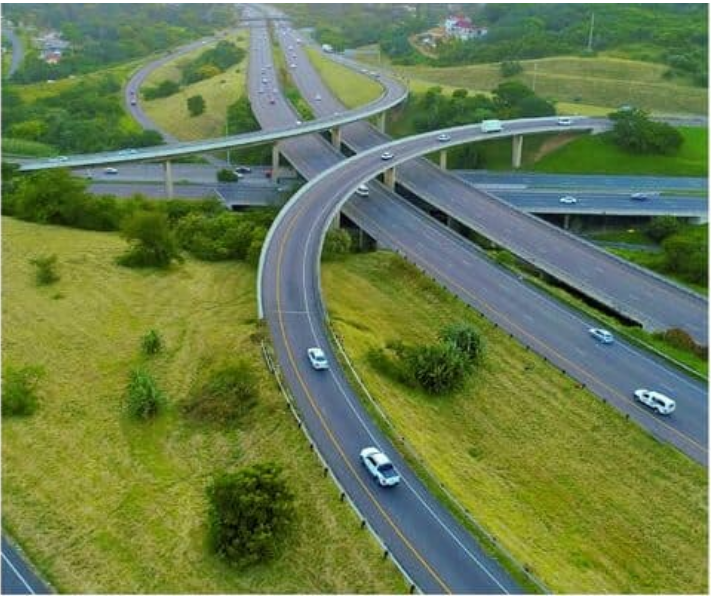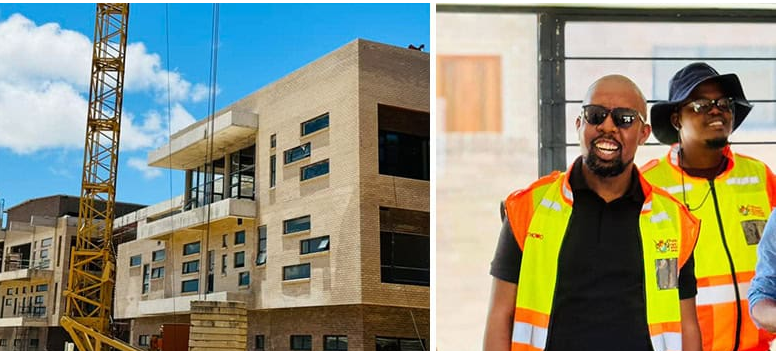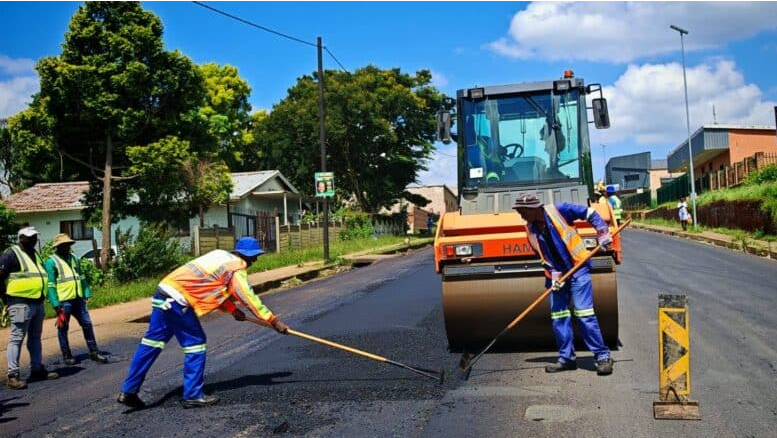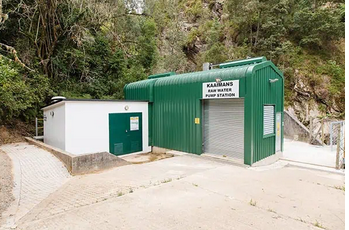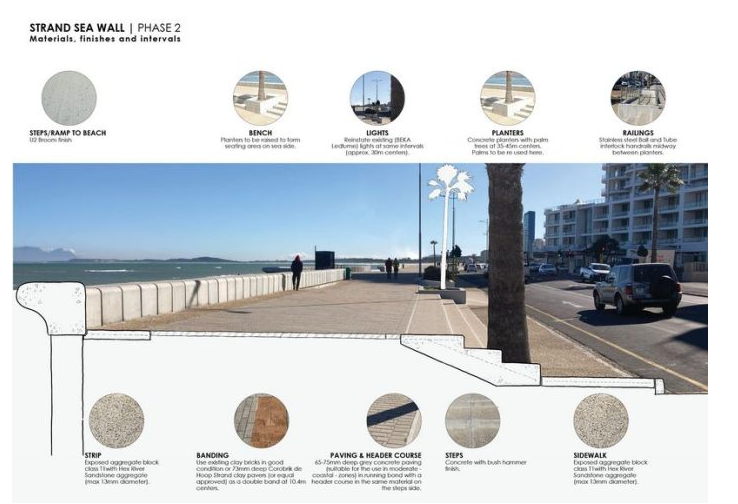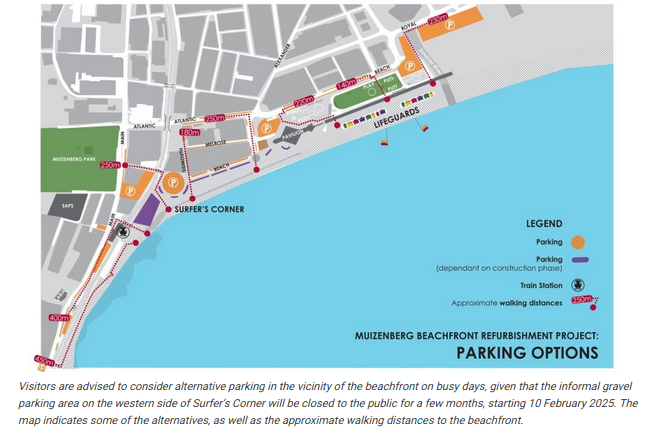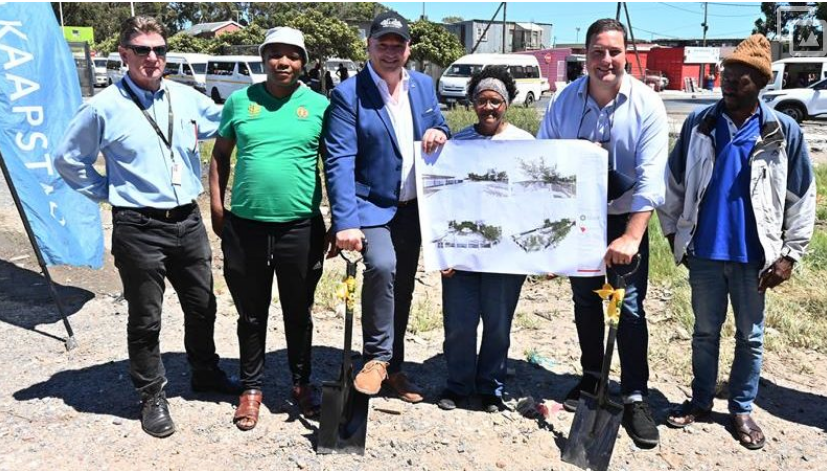Sanral ready to implement R30bn worth of construction projects

Advertising
07-08-2020
Read : 574 times
Moneyweb
Source
Relief is in sight for South Africa’s crisis-ridden construction industry, with the South African National Roads Agency (Sanral) announcing on Thursday that it is ready to implement R30 billion worth of construction projects.
Sanral said they form part of President Cyril Ramaphosa’s drive for “shovel-ready” infrastructure development projects to stimulate the economy post Covid-19.
Construction companies, industry associations and analysts have welcomed Sanral’s announcement.
“It will change the whole construction industry landscape if Sanral awards all these projects,” said Rudolf Fourie, chief executive of JSE-listed road building and maintenance focused company Raubex.
David Metelerkamp, senior economist at construction market intelligence firm Industry Insight, expressed confidence that these Sanral projects will happen, adding that Sanral is “the best by far” of all the state-owned enterprises (SOEs).
However, he questioned when implementation of these projects will happen.
Welcome balm
SA Forum of Civil Engineering Contractors (Safcec) CEO Webster Mfebe welcomed Sanral’s announcement, adding it will bring relief to the construction industry.
David Fraser, executive chair of Peregrine Capital, said: “Wow, fantastic. Now they just need to start awarding.
Sanral engineering executive Louw Kannemeyer said on Thursday the roads agency has a portfolio of “shovel-ready” projects that will be implemented during the course of its 2020/21 financial year and beyond.
“In the current financial year, Sanral has advertised 278 maintenance, operations and construction projects worth approximately R30.2 billion. So far 136 projects to the value of R7.3 billion have been awarded,” he said.
Kannemeyer added that Sanral plans to roll out more than 200 additional road infrastructure projects across all nine provinces in South Africa, which will impact directly on economic development, job creation and economic transformation.
Speaking at the Sustainable Infrastructure Development Symposium in June, Ramaphosa said the government has placed infrastructure at the centre of the stimulus South Africa’s economy needs to achieve a sustainable recovery.
Breaking ground a priority
Ramaphosa added that projects that have been fully developed for implementation will be the priority and ensure ground is broken as soon as possible.
The government last month unveiled 50 Strategic Infrastructure Projects (Sips) and 12 special projects involving a total investment of R360 billion, as the first tranche of a massive infrastructure expenditure programme to drive the post Covid-19 economic recovery effort.
These initial Sips are expected to create an estimated 275 700 jobs in six sectors: water and sanitation, energy, transport, digital infrastructure, agriculture and agro-processing, and human settlements.
Kannemeyer said on Thursday 12 Sanral projects with an estimated value of R12.1 billion had to be cancelled and retendered, largely due to non-compliant bid submissions that were received.
This is one of the major contributing factors to the delay in awarding tenders, he said.
Streamlining procurement processes
Kannemeyer said Sanral recognises the frustrations of the industry and is engaging with regulatory bodies such as National Treasury on ways to streamline its procurement processes to make them more efficient and ultimately to speed up the process of adjudicating and awarding tenders.
“We typically can receive as many as 60 tenders for a single project, especially on CIDB 6 projects [under R20 million] and all these are subject to various regulatory and compliance verifications to confirm that each bid is responsive.
“Some of these verifications involve external entities, resulting in numerous delays in finalising the processes. The challenges are exponentially compounded under Covid-19 lockdown regulations, as some of these entities are not functioning at 100% capacity yet,” he said.
An industry in need
Fourie confirmed that Raubex has this year been awarded four or five Sanral contracts, but stressed that “the big one’s are still outstanding”.
“As an industry, we obviously desperately need those projects to be awarded,” he said.
Fourie added there is a three-month lull in construction tenders with no new tenders coming to market “in this Covid-19 period”, but this week Raubex saw tenders coming out again.
“Hopefully that is an indication of things to come. Covid-19 unfortunately put a spanner in the works. I think all these projects would have been awarded already in April or May if it wasn’t for Covid-19. The problem was that most of the government officials were in lockdown and were not at the office.”
Metelerkamp said “shovel-ready” is a term that is loosely thrown around and questioned what it means.
“Will it be in the next six months, the next two years, or the next five years? Also R30 billion in context is actually not really a lot of money if we compare it to the overall size of the construction industry and especially how big the construction industry was 10 years ago,” he said.
Mfebe said Sanral is one of very few state institutions where there are pockets of excellence in terms of executing projects and paying contractors on time.
Site disruption to be watched
His only concern is that Sanral will have to pay attention if it is to address the disruption of construction sites.
Mfebe said Sanral has embarked on a number of initiatives, including embarking on a programme of community engagement where all stakeholders are informed about projects, when they are happening and assisting with setting up project committees to identify the qualifying empowerment enterprises in a particular locality.
He said this obviates the issue that local communities do not know about the project and are not involved while giving everyone an equal opportunity to participate.
The qualifying empowerment enterprises get sifted based on their competencies and that list is then given to the principal contractor, which can choose from that list, he said.
Mfebe stressed the need to separate the genuine needs of the community to engage and be involved in the project and the “gangsters” who want to be part of or demand a percentage of the project and must be dealt with “through the instruments of the law”.
Recent News
Here are recent news articles from the Building and Construction Industry.
Have you signed up for your free copy yet?
